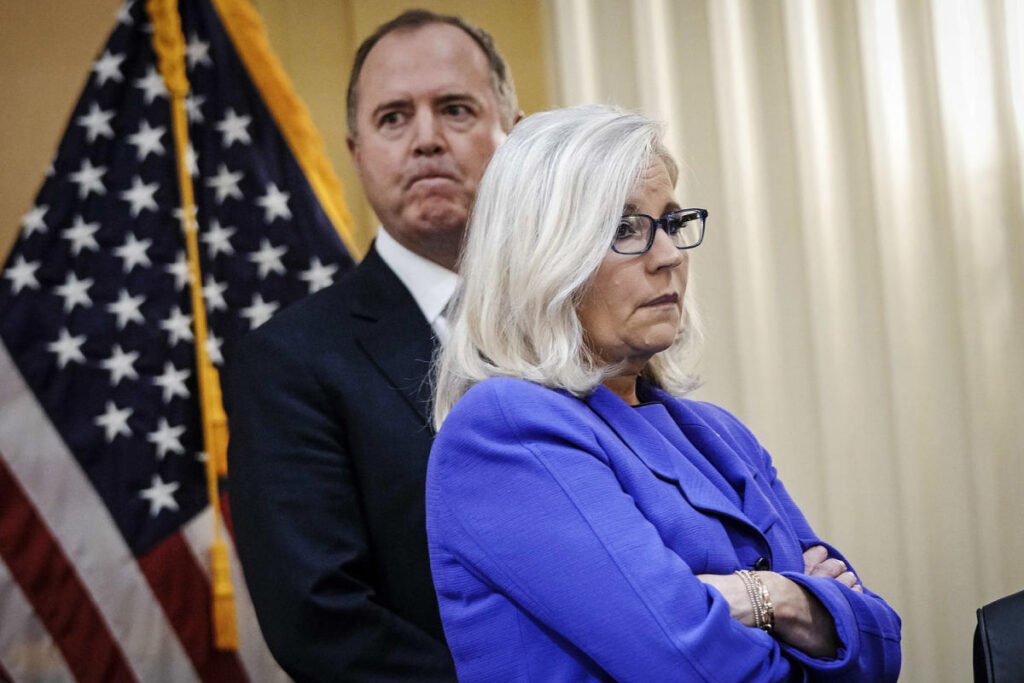In a strategic consideration regarding potential repercussions of a Donald Trump presidency, President Joe Biden and his senior aides are discussing the possibility of issuing pre-emptive pardons for individuals whom Trump has previously targeted with scorn. Reports reveal that these discussions have included notable figures such as Senator-elect Adam Schiff, Dr. Anthony Fauci, and former Representative Liz Cheney. However, while names have been considered, no consensus has been reached on a definitive list for pardons. This consideration has garnered support from certain Democrats and “Never Trump” Republicans who believe that such pre-emptive pardons may safeguard these individuals from what could be a retaliatory agenda under a new Trump administration.
Historically, several U.S. Presidents have exercised their power of clemency through pre-emptive pardons. Examples include George H.W. Bush, who pardoned former Defense Secretary Caspar Weinberger amidst the Iran-Contra scandal, Gerald Ford’s pardon of Richard Nixon after Watergate, and Jimmy Carter’s pardon extended to Vietnam War draft dodgers. The analysis of these precedents underscores a nuanced approach to presidential clemency, which has sometimes been employed to heal national wounds or alleviate political tensions. In the current context, Biden’s potential pardons could be similarly seen as a protective measure for those perceived to have been unjustly maligned by Trump.
During the recent 2024 campaign, Trump’s rhetoric exhibited a more aggressive stance toward those he believes have crossed him, suggesting a tone of retribution may underpin his future presidency. For instance, at a campaign event with Tucker Carlson, Trump made disparaging comments regarding Liz Cheney, likening her to a military target while denigrating her anti-Trump stance, which has been vocal throughout his presidency. This aggressive language serves to underline the very real concerns amongst Democrats and Republicans alike about the potential for an administration seeking vengeance against political adversaries.
Both Schiff and Cheney have played pivotal roles in investigating Trump’s actions, particularly their involvement in the House select committee that reviewed the January 6 insurrection. Their testimonies and actions during that investigation have drawn the ire of Trump, contributing to his characterization of them as “enemies from within.” Additionally, Trump’s previous remarks on Schiff have been particularly incendiary; he has called for Schiff to face arrest for “treason.” Such statements illuminate a potentially dangerous political climate where Trump could seek retribution against those who opposed him.
Dr. Anthony Fauci is another figure caught in the crosshairs of Trump’s hostility. Throughout Trump’s presidency, Fauci was a frequent target of criticism, particularly regarding his role in spearheading the federal response to COVID-19 — a matter of high stakes during the pandemic. Trump’s derogatory remarks about Fauci as a “disaster” reflect the political divisiveness surrounding pandemic management, and underscore concerns for Fauci’s safety should Trump regain power. The necessity of protecting such individuals through potential pardons becomes catalyzed in light of this adversarial relationship.
Meanwhile, as Biden’s administration navigates these discussions on pre-emptive pardons, work is ongoing regarding clemency actions on criminal justice issues. Advocates, including House Minority Leader Hakeem Jeffries and civil rights attorney Ben Crump, are urging the administration to grant clemency in various cases deemed deserving. As Biden weighs the implications of both political and criminal justice clemency, decisions and announcements are expected to unfold in the upcoming weeks. The combination of safeguarding individuals from potential political revenge while concurrently addressing issues of criminal justice reform reflects the complex landscape of Biden’s navigations as President during this contentious moment in U.S. politics.

